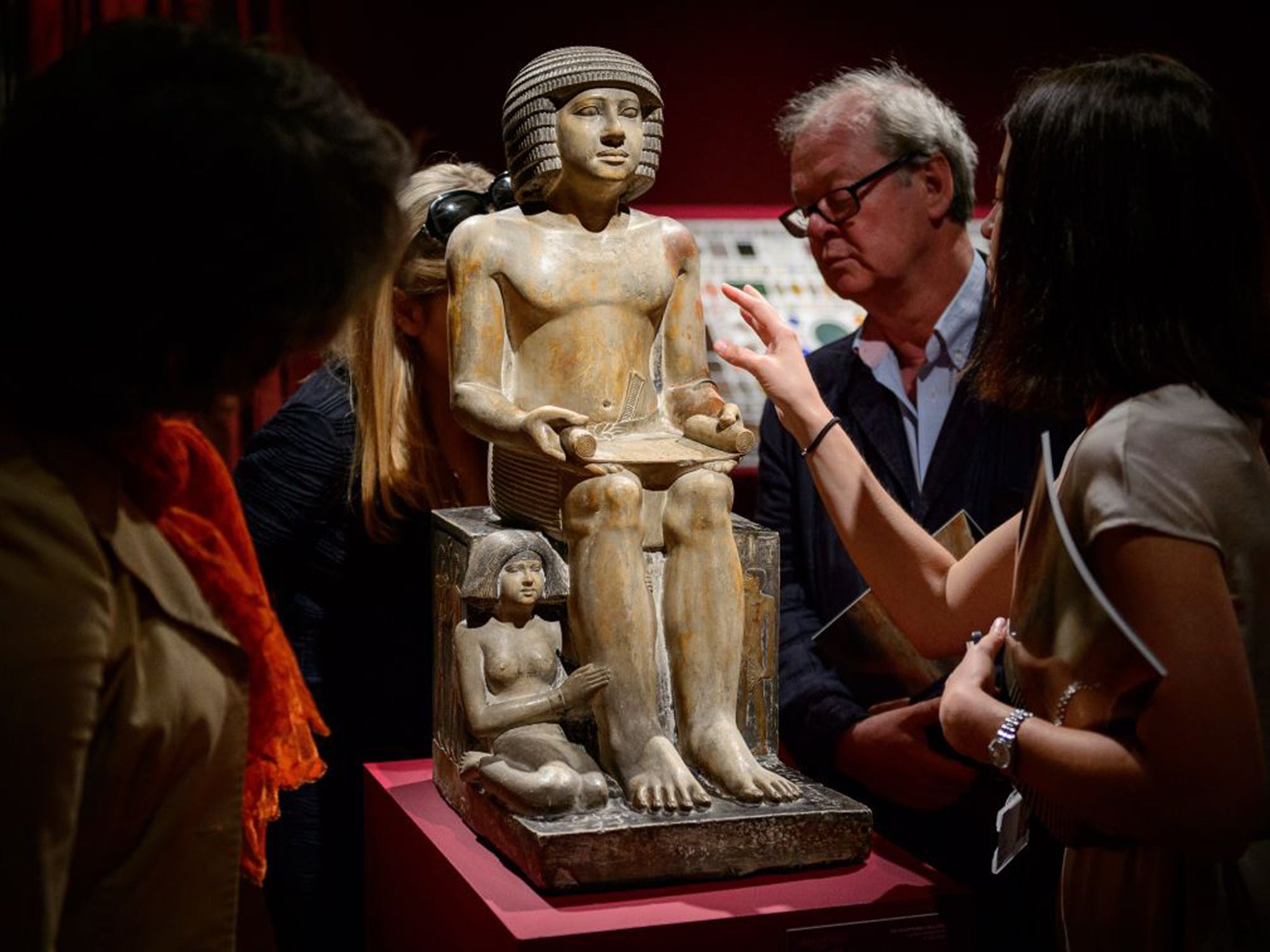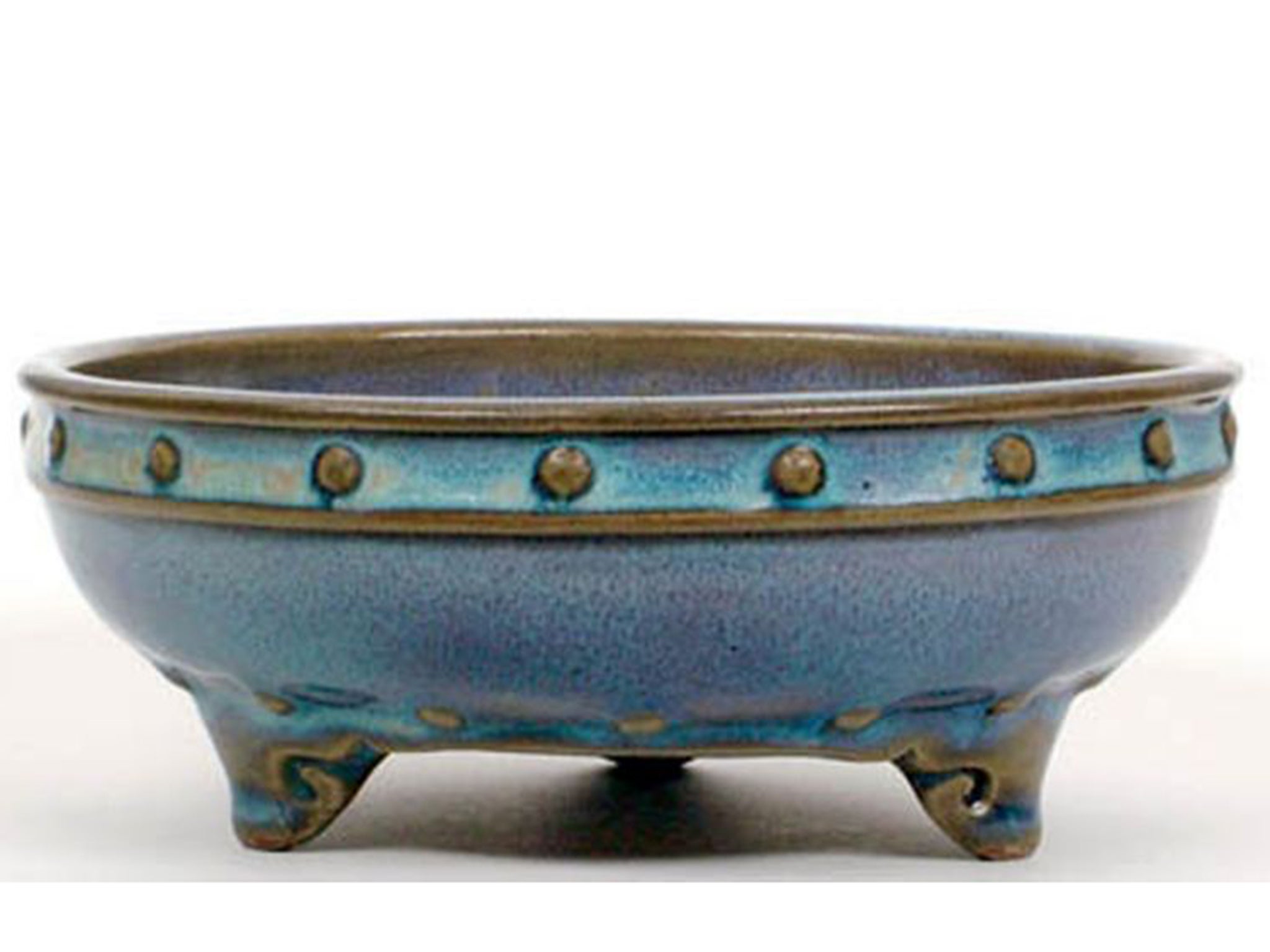British museums warned not to sell the family silver
Publicly funded collections could lose out on funding if they dispose of valuable objects

Publicly funded museums that seek to sell off "the family silver" will face tougher sanctions from the body that overseas the UK's museums. The Museums Association (MA) is to tighten up its ethics code to avoid controversial sell-offs of valuable antiquities from cash-strapped museum collections
It is also in talks with the Heritage Lottery Fund (HLF), the Art Fund, and Arts Council England to establish a "joined-up response" to those selling important objects for financial gain. They are also investigating whether to launch an official list of at-risk collections.
The move follows Northampton Borough Council's decision to sell its ancient Egyptian statue of Sekhemka for £15.8m in July. The sale prompted the MA to withdraw accredited status for Northampton Museums, one of its founder members 125 years ago. As a result the museums lost out on funding grants including £240,000 from the HLF.
The MA's director, Sharon Heal, said the sale breached its code of ethics. "They didn't follow due process and it's a hugely significant piece that was important to the people of Northampton," she said. "It's a shame that the people at the very top of Northampton council didn't think twice about this."
The MA's annual cuts survey has found that increasing funding cuts have forced one in 10 museums to consider selling off items.
In response, the Northampton council said the sale's proceeds were split between itself and Lord Northampton, the statue's original owner. It added: "The money will be invested in a major extension of Northampton Museum and Art Gallery."
Northampton's decision came a year after Croydon Council sold 17 Chinese ceramics from the Museum of Croydon's Riesco Gallery for £8.2m, despite pressure from the community and the MA, which later barred it from accreditation.
The MA is not opposed to sales "if museums act in an ethical way in respect to the public, the collection and the museum", Ms Heal said, referencing the Watts Gallery, Surrey, which sought advice before selling paintings and reinvesting the money. She added: "We recognise local authorities face a tough time. We just want to caution that if you're going down this road, follow the process and you're acting in the public's best interest."

To back up its warning, the MA is in talks with the HLF, Arts Fund and Arts Council about tougher sanctions. "They are the big funders, and as the administrators of the ethics code we're working on whether we can develop further sanctions and deterrents," Ms Heal said.
The bodies will meet early next year to discuss the pressing matter of collections at risk. Among the potential ideas is "a red list for collections at risk", Ms Heal said. "Unesco issues a warning on heritage sites... we're going to consult members on something similar."
The MA's cuts survey found that 52 per cent of museums experienced falling income last year, the most since 2011, with local authority-run museums and national institutions badly hit. Some museum directors are talking about further cuts of up to 35 per cent next year. This is becoming "critical" Ms Heal said, as more examples emerge. This month, Derby City Council proposed slashing the city's Museums Trust by a quarter which would force a reduced service in the three city museums. As rural institutions bear the brunt of this, Ms Heal called on London counterparts to enter partnerships with them. "London institutions have to realise they're paid for by everyone in the UK and they have a responsibility to everyone," she said.
"Some museums will survive and enjoy more stable funding than others but, inevitably, some will fall by the wayside. It does feel like the sector is at a crossroads."
Join our commenting forum
Join thought-provoking conversations, follow other Independent readers and see their replies
Comments
Bookmark popover
Removed from bookmarks